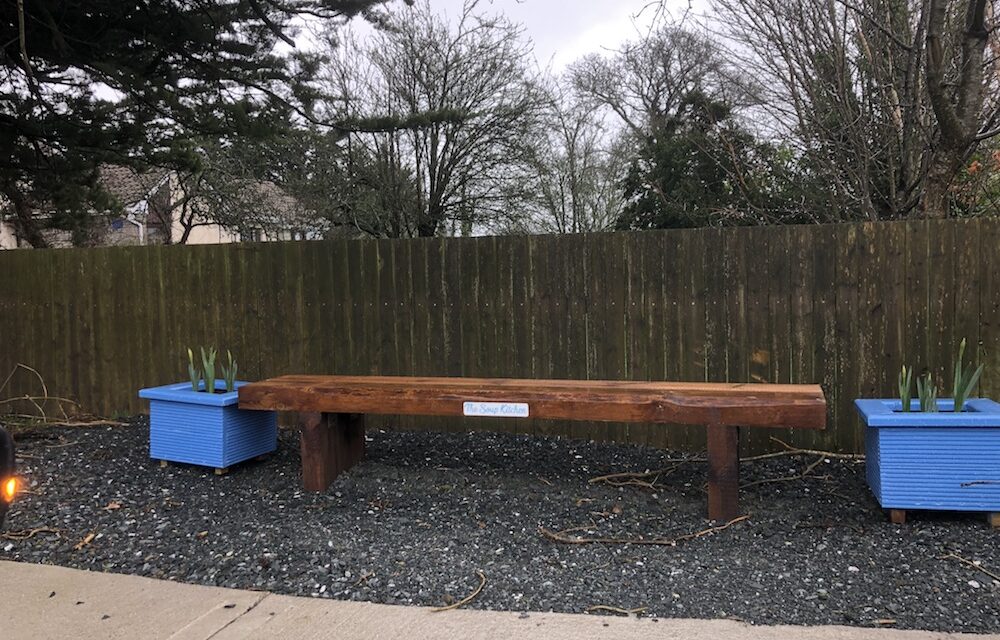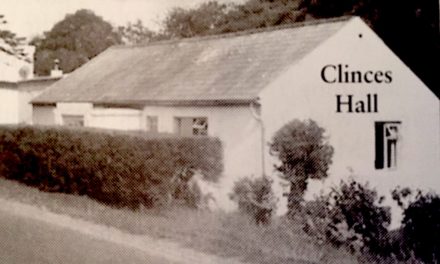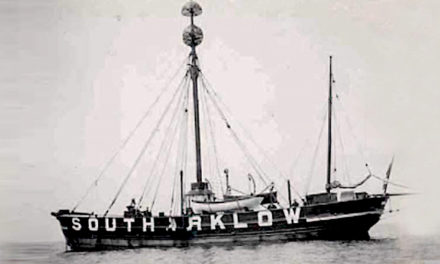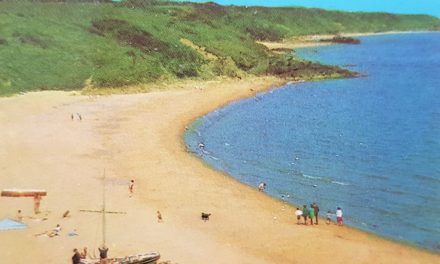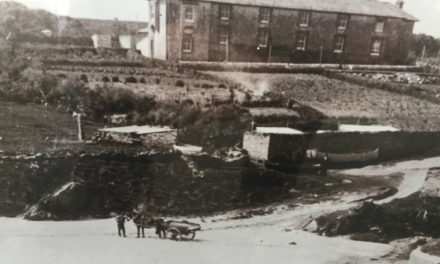The Great Famine was no stranger to Ballymoney and North County Wexford. The people of Ballymoney suffered many hardships. A resident of Ballymoney, in the 1950’s recounted how her grandmother told her of the famine years, people were starving everywhere and dying “for the want of food”.
When the British Government saw their state, they thought they now had a good opportunity of making people forsake the “old religion”. They built soup kitchens here and there throughout the country and offered free soup, but only to those who changed religion. Each morning prayers were said, or the bible was read before the distribution of soup. Many refused to accept the soup under these conditions.
The soup was made from roots, maizemeal and anything else they could find. Those who refused the soup were sent to the Union where they were fed on a dreadful soup, made mostly from salted herrings. The food, in many cases, caused sickness and death. There are also accounts of the soup in the Ballymoney soup kitchen causing illness.
Referred to as “Black 47”, 1847 was the worst year of the famine, this, essentially, because the potato crop having failed for a number of years, farmers didn’t sow potatoes that Spring, expecting the crop to fail again or because they did not have the money to buy seeds. In many cases they had already been evicted from their holdings because they didn’t have the money to pay the rent. The famine lasted for a number of years, 1845 to 1851 and saw the population of Ireland, through emigration, starvation and disease related death reduce from an estimated 8.6 million in 1844 to about 6.6 million in 1851. It is estimated that about one million emigrated and the other one million starved or died from starvation related sickness.
Ballymoney soup kitchen was located at the top of the Pound Hill, to the south of the village, near Prospect graveyard (not much more than a stone throw from where the bench is situated). There are no obvious remains there today. Our “Soup Kitchen” bench is a small testimony to the hardships local people suffered in those horrific years.
The Soup Kitchen
